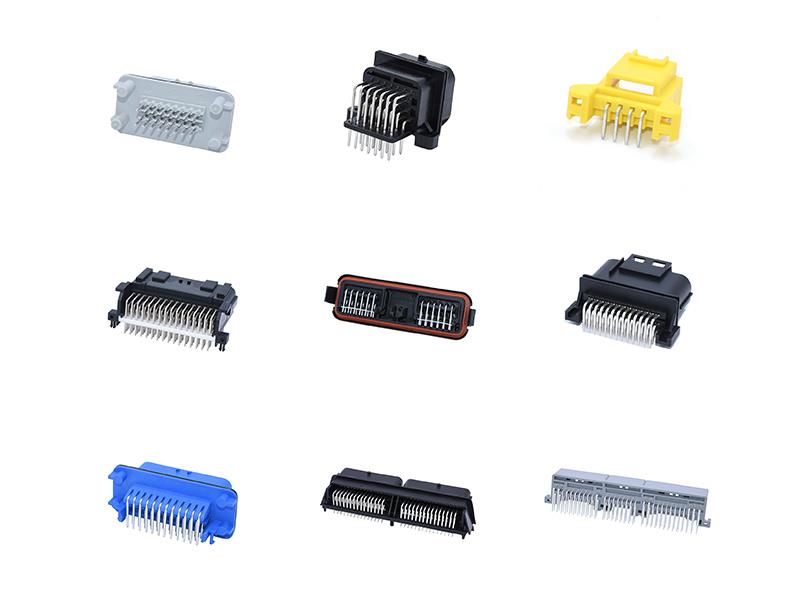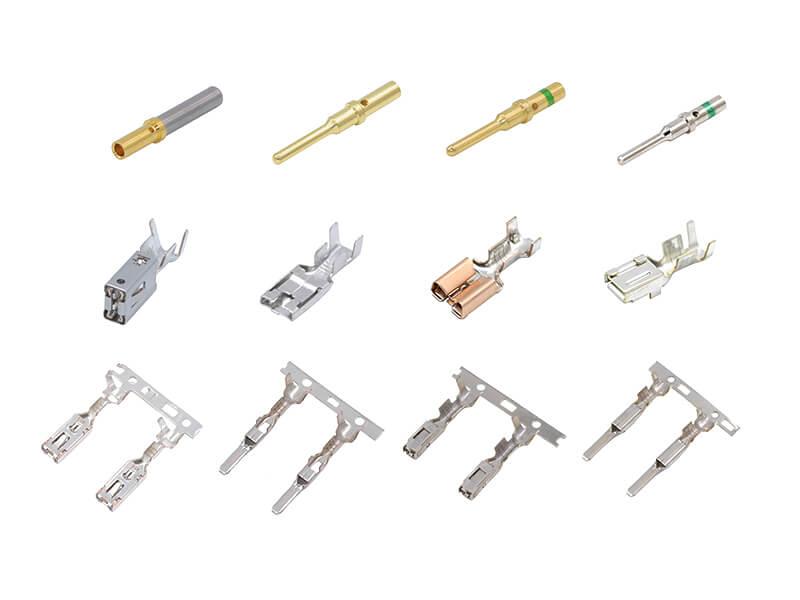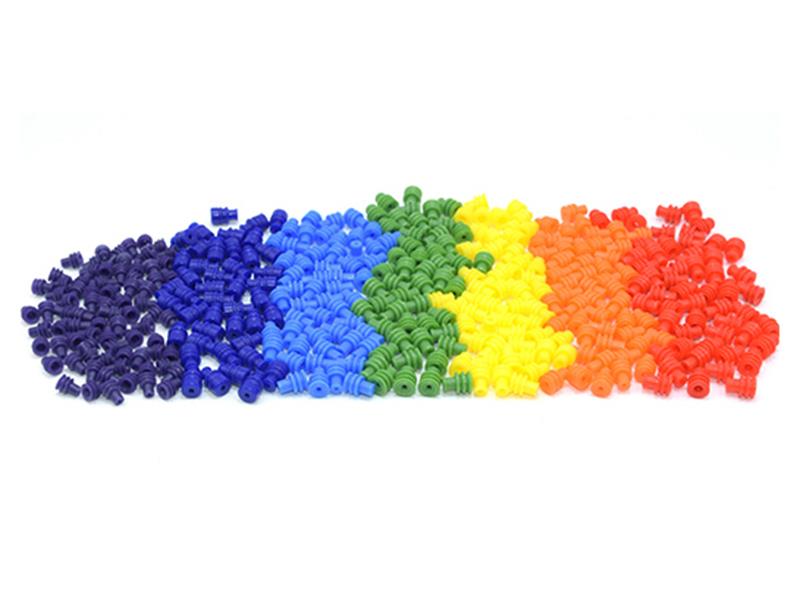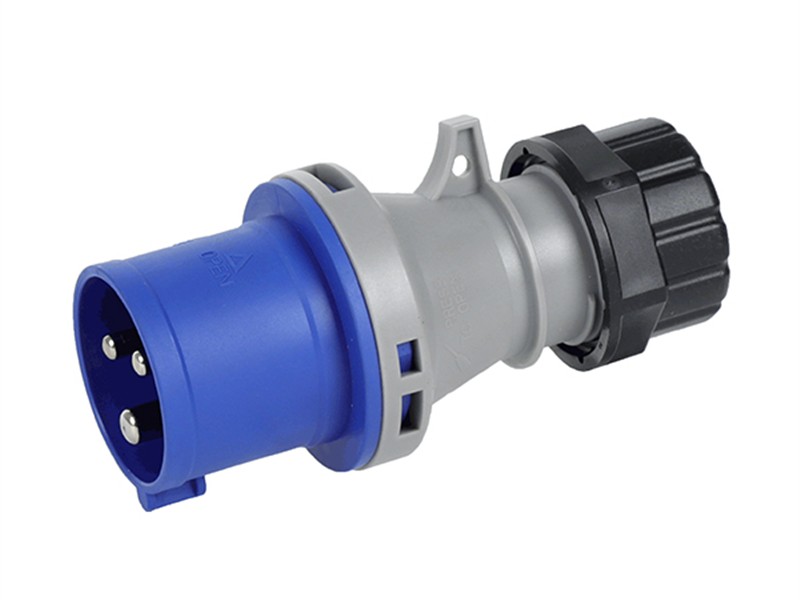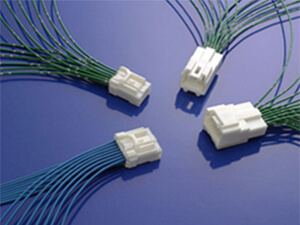Validated by Design, Proven by Testing
During product development, we conduct a series of rigorous and comprehensive tests to ensure compliance with electrical, mechanical, environmental, reliability, and safety requirements. These tests span all development phases—from concept design and prototyping to design validation and production verification.Key Test Categories Include:1. Electrical Performance:Contact resistance, insulation resistance, dielectric strength, voltage drop, etc.2. Mechanical Performance:Insertion/extraction force, mating cycles, mechanical shock, vibration, retention force, etc.3. Environmental Resistance:Temperature-humidity cycling, high/low temperature tests, salt spray, dust and water protection, etc.4. Material & Physical Properties:Dimensional and tolerance checks, visual inspection, material composition and performance.5. Failure Analysis:Detailed analysis is performed for any test failures to identify root causes.We value every step of the validation process to ensure our products meet industry standards and customer expectations:Design Validation: Conducted at the prototype stage to confirm design meets specifications.Process Validation: Ensures manufacturing processes (molding, stamping, plating, assembly) are stable and capable.Production Part Approval: Carried out before mass production to ensure consistent product quality.Incoming Inspection: Sampling of key raw materials and components.Final Inspection: Sampling of finished goods before shipment.
